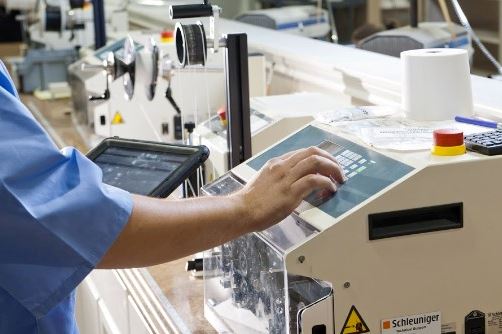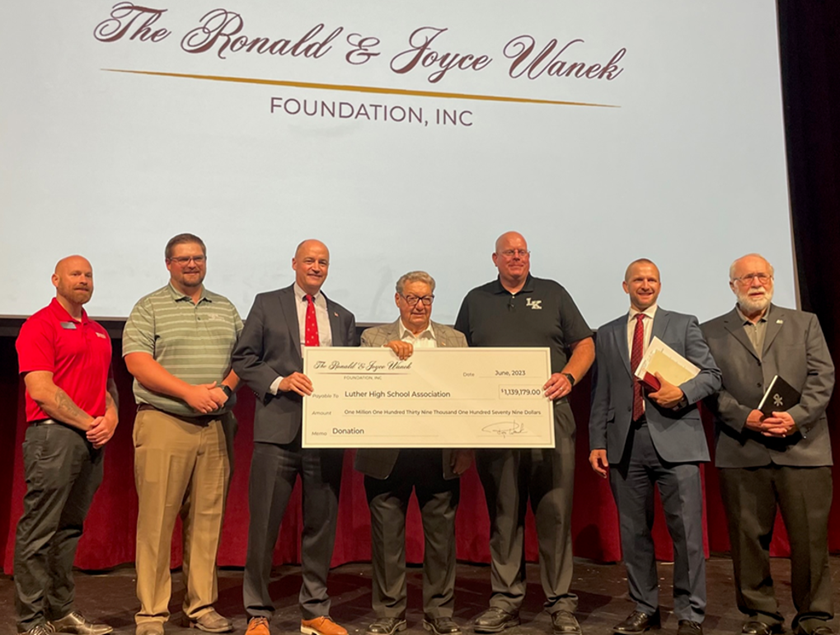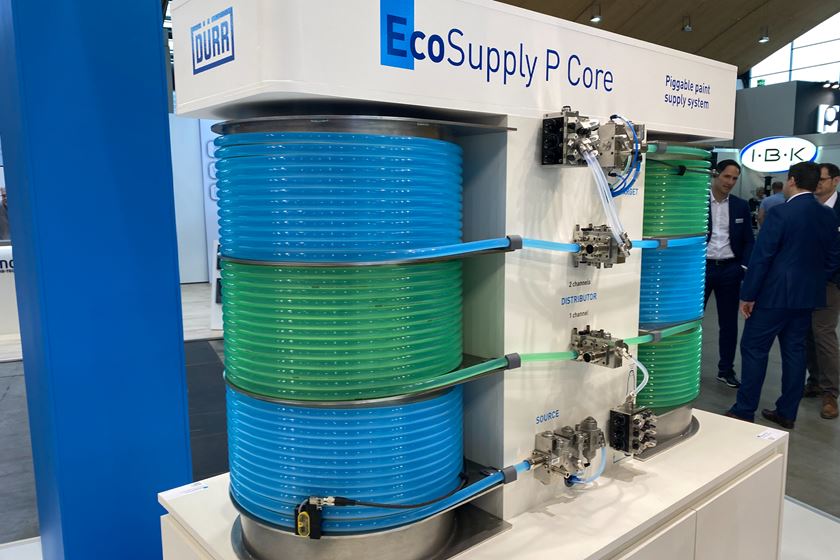Axalta Will Honor Two Scientists with Top Honor
Dr. Flosbach and Dr. Koerner have been elevated to Axalta Fellow, the highest honor within Axalta's Technology function.

Dr. Carmen Flosbach (left) and Dr. Michael Koerne (right)
Axalta recently announced Dr. Carmen Flosbach and Dr. Michael Koerner have been elevated to Axalta Fellow. Axalta Fellow is the highest honor that a scientist or engineer can earn within Axalta's Technology function. Through individual and collaborative contributions, Axalta Fellows have delivered commercial success with cutting-edge technologies and have had a strategic impact on Axalta's businesses.
Dr. Flosbach has been a catalyst for innovation throughout her 30-plus year career. As an expert in resin synthesis, she has delivered multiple new polymers for various different chemistry types including acrylic, aspartate, polycarbonate, polyester, and polyurethane.
Carmen led the technical design of resins currently used in Axalta's solventborne and waterborne coatings including primers, basecoats, topcoats, and clearcoats. Carmen's track record of innovation includes over 100 patents and she has authored various articles in peer-reviewed publications in addition to presenting at many technical conferences. Carmen has a Ph.D. in Organic Chemistry from the University of Wuppertal.
Dr. Koerner is Axalta's technical expert in waterborne coatings and rheology and has spent 34 years with Axalta. He holds numerous patents and his innovations in waterborne technology have led to or enhanced, waterborne coating technologies at Axalta.
Mike is known as an industry leader in the global coatings market, has deep credibility with customers, and is a mentor to Axalta colleagues. He has collaborated with researchers at top-tier universities, presented at numerous international conferences, and has authored many publications. Mike has a Ph.D. in Chemical Engineering from Princeton University.
RELATED CONTENT
-
Is Your Electroplating Waste Hazardous?
Some that bears precious metals is, and there are a host of regulations to consider when recycling.
-
Masking for Surface Finishing
Masking is employed in most any metal finishing operation where only a specifically defined area of the surface of a part must be exposed to a process. Conversely, masking may be employed on a surface where treatment is either not required or must be avoided. This article covers the many aspects of masking for metal finishing, including applications, methods and the various types of masking employed.
-
Phosphate Conversion Coatings
Types of phosphate conversion coatings, how to apply them, and their specific functions.
















